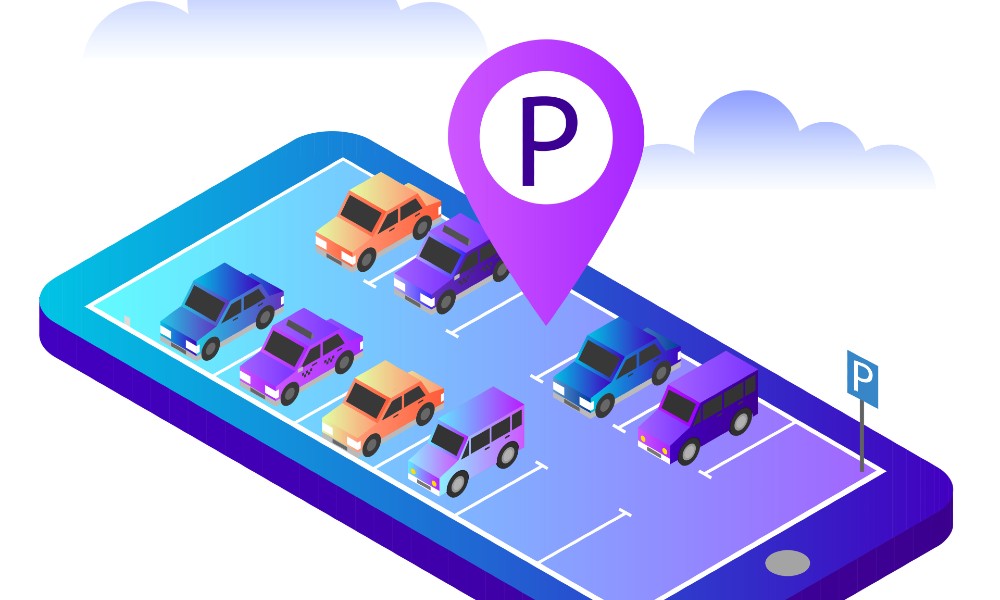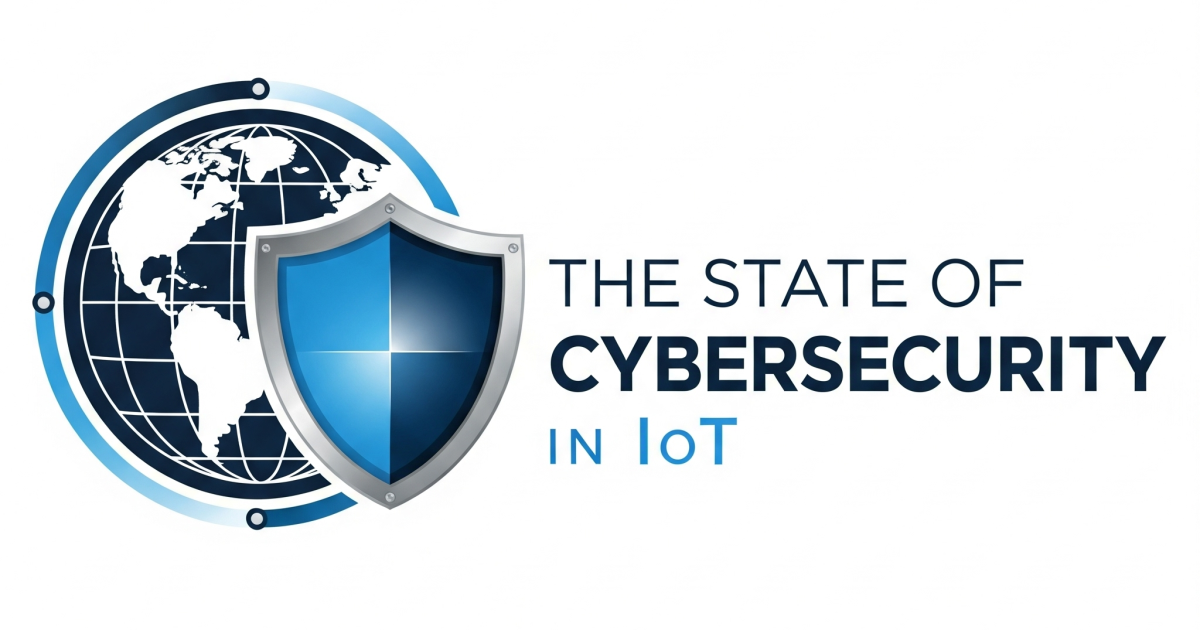
As urban areas around the world continue to grow, transportation and mobility systems are undergoing major transformations, from the adoption of traffic rerouting and other control systems to the modernization of parking options.
Evolving parking ecosystems are increasingly part of smart community planning and budgeting, as well as environmental improvement programs to reduce congestion, air and noise pollution, and to generally make cities more livable.
According to a report published by the UN, over 56% of the world’s population lives in cities. By 2030, that percentage is expected to grow to over 60%. As more people attempt to move through aging infrastructure, congestion and climate change seems inevitable.
City leaders understand they need to build more intelligent systems, including bridging the built and digital world as infrastructure funding is expected to increase dramatically, in large part due to the economic recovery programs coming on the heels of the global pandemic in 2020, forecast in the trillions of dollars in the U.S.
We caught up with David Parker, Chief Operating Officer at Cleverciti, a pioneer in high-tech solutions for outdoor and on-street parking detection, monitoring, and guidance.
Headquartered in Munich, Germany, with offices in Atlanta, Georgia, U.S., the company’s mission is to reduce traffic and emissions, increase revenue for local businesses and parking operations, while allowing drivers to enjoy a smooth, stress-free parking experience.
“Smart city technology can make cities more effective and efficient, which we must do, given the projected rapid growth in urban populations over the next few decades,” Parker said “Exciting technologies, including air quality sensing, traffic congestion management, and more are making a huge impact already in leading smart cities around the world. Smart parking plays a crucial role in reducing the amount of time spent in vehicles and the harmful emissions those vehicles cause , while also allowing cities and local businesses to capitalize on additional revenue streams.”
Parker said that economic development and a greater focus on revenue generation is helping cities to counteract the negative effects of the pandemic and finance the deployment of smart technologies as the world begins to emerge from the health crisis as more people are vaccinated. “Some smart technologies like smart parking even contribute directly to economic development and increased city revenue generation,” Parker said.
With the stated intention to invest trillions of dollars into infrastructure improvements in the U.S., Parker believes we can expect the growth of smart city technology to surpass the $244 billion forecast in 2021 (more than double the $118 billion spent in 2016).
“Sensor-based technologies as part of the IoT and Industrial IoT will continue to play an integral role in tomorrow’s cities with high-value use cases including environmental monitoring, crime detection and prevention, smart lighting and traffic, as well as parking control and guidance” Parker said. “Smart parking sensors, for example, combine the power of edge computing, machine learning, and AI with hardware to allow for real-time monitoring of parking spaces.”
Parker is a vocal advocate for climate protection, pointing to the UN’s Cities for Climate Protection campaign, which enlists cities to implement measures to reduce local greenhouse gas emissions, improve air quality, and enhance sustainability. “By combining powerful new IoT, AI, edge and cloud computing ecosystems, we can instrument our cities, and make the management of urban environments more efficient. Doing so collectively – with public and private partnership – has the potential to dramatically reduce carbon emissions and improve the quality of life in even our most densely populated communities.”
Cleverciti is highly focused on advanced smart city parking solutions which help optimize the use of parking space, aiding smart cities in making the most of what Parker says is “a surprisingly undervalued asset. Implementing an efficient smart parking solution can make the difference between frustrating traffic congestion and time-saving, consumer-friendly traffic flow, while reducing emissions, and creating new revenue streams for local governments.”
The economic impact of parking search is estimated to cost €45 billion in Germany and $73 billion in the U.S. “Considering these numbers alone, it is easy to understand why so many smart cities are already using smart parking solutions, while others also testing new technologies,” Parker explained. “By incorporating innovations including overhead sensors, local signage, real-time navigation systems, and mobile applications that allow drivers to find, pay for, and even reserve parking while also allowing city officials and parking operators to monitor and analyze parking behavior, smart city initiatives can have a huge impact on quality of life and the sustainability of our planet.”
Parker explained that the technology behind smart parking systems can be fully automated, relying on sensors and signs that are placed locally to monitor parking occupancy and gather data on the size of available spaces and parked vehicles, the latter to convey parking information and navigational instructions to drivers. “Dynamic parking guidance systems communicate the availability of free parking spaces on-street and off-street, guiding drivers to a parking space without unnecessary detours or time loss, preventing traffic obstructions in the city center.”
Parker will be speaking at the upcoming Frontier Conference Tuesday, April 13, 2021 at 10:25 AM CST on “Emerging Digital Economy of Cities” panel.
For more information on Cleverciti: https://www.cleverciti.com/
For more information on The Frontier Conference: https://www.thefrontier.co/conference/about
Arti Loftus is an experienced Information Technology specialist with a demonstrated history of working in the research, writing, and editing industry with many published articles under her belt.Edited by
Maurice Nagle





